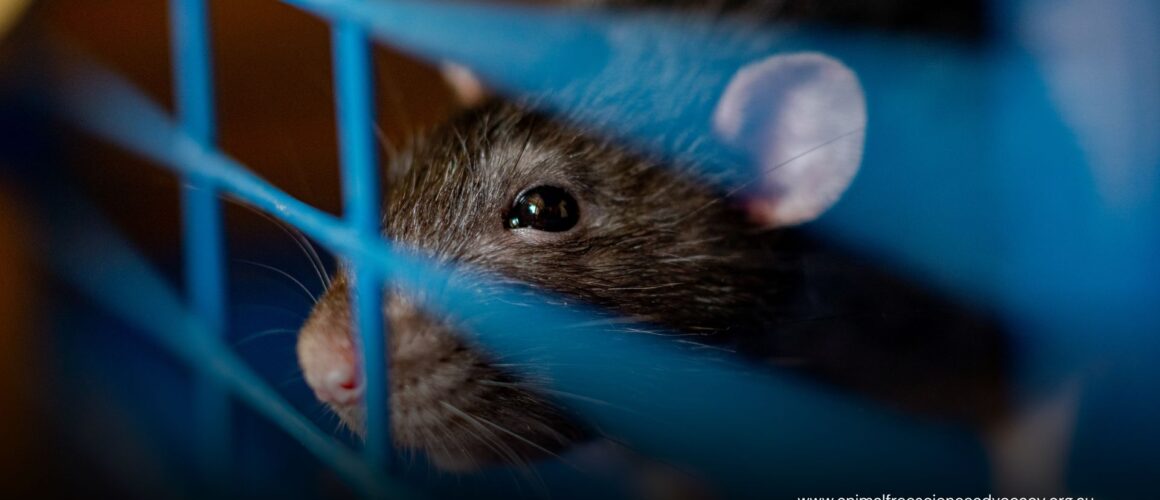Maniam J, Antoniadis CP, Youngson NA, Sinha JK, Morris MJ 2016, ‘Sugar Consumption Produces Effects Similar to Early Life Stress Exposure on Hippocampal Markers of Neurogenesis and Stress Response’, Frontiers in Molecular Neuroscience, 8, 86.
Institution: Department of Pharmacology, School of Medical Sciences, University of New South Wales Australia
Aim
The study aimed to investigate the effect that early life stress and high sugar diets have on genes in the hippocampal region of the brain. Negative impacts on these areas could contribute to mental illness and affect development or function of the brain.
The Experiment
One day after birth, Sprague Dawley rats were redistributed to make litters of 12 and on the second day were assigned to one of two groups, one that had normal laboratory bedding (wood shavings), or the other that had limited bedding. The limited bedding groups were provided with a single piece of paper towel as bedding material. This limited nesting was used as a stressor to mimic early life stress in humans (particularly human maternal neglect) as the absence of bedding material is quite difficult for rats to cope with. The groups were then unattended to until day 9 where normal bedding was restored until weaning. After weaning at 21 days of age the rats were rehoused into one of 4 categories seen below:
| 1 | 2 | 3 | 4 |
| Normal bedding after birth and now offered normal diet | Normal bedding after birth and now offered sugar diet as well as normal food | Limited bedding (stress) after birth and now offered normal diet | Limited bedding (stress) after birth and now offered sugar diet as well as normal food. |
Rats were weighed regularly and had food intake monitored throughout the experiment. At 15 weeks of age the rats were anesthetised and killed by decapitation so that brain samples could be immediately collected.
Results
Rats that were subjected to limited bedding had lower body weights during development. Rats that had no early life stress, but were able to eat sugar diets, had similar reduced brain function in 2 of the 14 genes tested compared to rats that had been exposed to stress. One of the 14 genes showed its lowest function in the sugar group. There was no additional loss of brain function if the stressed animal was provided with sugar; however sugar and stress as individual factors caused reduction of function.
Conclusions
The study stated that if these results are transferrable to humans, then they might mean that early life stress or adversities and high sugar diets can both independently be risk factors for psychopathic disorders later in life.
Relevance to Humans
The article admits that there are differential effects of sugar diets on the brain region in question due to differing results between studies conducted on rats. The study references another study by Weaver et al. (2004) that used Long-Evans hooded rats where this study used Sprague-Dawley rats, and received contradicting data in DNA methylation. The fact that the results differ greatly within the rat species brings into question how the results of these studies could be extrapolated to such a dissimilar species as that of humans.
They also state “..whether similar effects occur in males is yet to be explored”, speculating a potential difference even between the sexes of the same species.
(Weaver, CI, Cervoni, N, Champagne, FA, D’Alessio, AC, Sharma, S & Seckl, JR 2004. ‘Epigenetic programming by maternal behaviour’. Nat. Neurosci. 7: 847–853.)
Funding
This experiment was funded by Diabetes Australia Research Trust and National Health and Medical Research Council Project grant funding, and the International Brain Research Organization.
What Can You Do?
Please write to Professor Ian Jacobs asking why approval was given to this experiment considering the variability of results within rats and how they proposed to therefore extrapolate the results to humans. Voice your concerns for the welfare of the animals due to unnecessary stress placed on the animal subjects in order to mimic human maternal neglect.
Professor Ian Jacobs
President and Vice-Chancellor,
University of New South Wales
Email: president@unsw.edu.au
